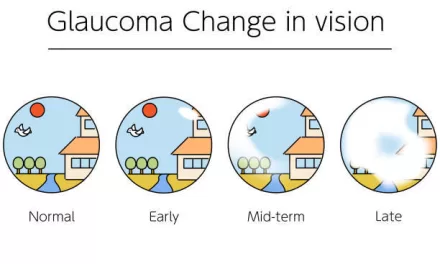A recent prospective study led by MedStar Health in Baltimore has uncovered a concerning association between the use of e-cigarettes and an elevated risk of developing heart failure. Heart failure, a condition affecting over six million adults in the U.S., can severely impact individuals’ quality of life and lead to frequent hospitalizations as they age.
Electronic nicotine delivery systems, including e-cigarettes, have garnered attention as an alternative to traditional tobacco smoking. However, the study’s lead author, Yakubu Bene-Alhasan, warns that emerging evidence suggests they may not be as safe as initially believed.
The investigation, drawing from data collected through the All of Us Research Program, involved 175,667 participants and found that individuals with any history of e-cigarette use faced a 19% higher likelihood of experiencing heart failure compared to non-users. Importantly, this risk persisted even after accounting for other factors such as age, sex, and smoking status.
The study’s findings shed light on the potential cardiovascular consequences of e-cigarette use, particularly concerning heart failure with preserved ejection fraction (HFpEF), where the heart muscle does not relax properly. While further research is needed to establish a definitive causal relationship, Bene-Alhasan stresses the importance of raising awareness about these potential health risks.
The study’s design, incorporating a large sample size and comprehensive health information, marks a significant step forward in understanding the complex relationship between e-cigarettes and heart health. However, uncertainties remain, particularly regarding the long-term effects of vaping on cardiovascular outcomes.
Despite ongoing debates surrounding the role of e-cigarettes as smoking cessation tools, health experts urge caution and advocate for evidence-based approaches to quitting smoking. The study’s findings will be presented at the American College of Cardiology’s Annual Scientific Session, underscoring the importance of continued research into this pressing public health issue.
As regulatory agencies grapple with the complexities of e-cigarette regulation, the study adds to the growing body of evidence highlighting the need for vigilance in monitoring and addressing potential health risks associated with these products.
For individuals considering the use of e-cigarettes or seeking support to quit smoking, consulting healthcare professionals and adopting proven cessation methods remain crucial steps towards safeguarding heart health and overall well-being.












